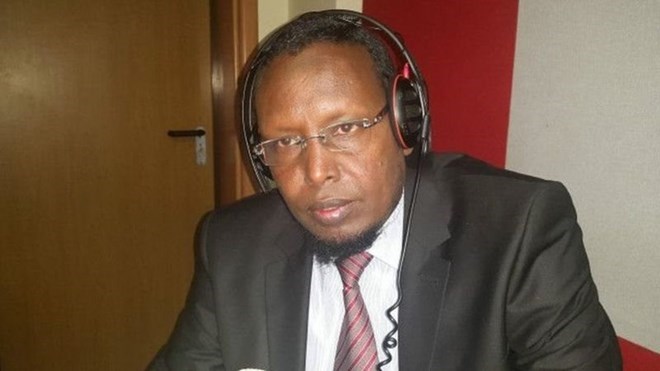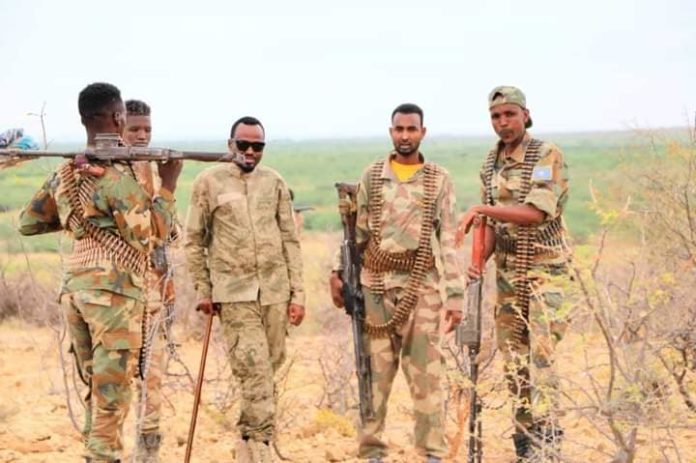‘Al-Shabab Doesn’t Want a Truce With Infidel Powers’

The roots of Kenya’s escalating conflict with the Somali militant group
Matt Schiavenza Nov 24 2014
The violent campaign between Kenya’s government and Somali militants is escalating. On Sunday, a day after members of the al-Shabab group executed 28 passengers on a Kenyan bus, Kenya’s Vice President William Ruto announced that the country’s military had crossed into Somalia and attacked al-Shabab camps where the bus attack was planned. The combined air and ground attack killed over 115 militants and, according to Ruto, “identified, followed and struck the perpetrators of these heinous crimes.” A spokesman for al-Shabab denied Ruto’s claim, and the attack could not be independently verified.
The most recent round of violence began last week, when the Kenyan government conducted raids on at least four mosques suspected of being staging zones for terrorist attacks, leading to the arrest of 350 Muslims. Kenya claimed that it found weapons such as hand grenades in the mosques, proving that the places of worship had been turned into strategic locations for al-Shabab militants.
On Saturday, al-Shabab struck back. Members of the group boarded a bus in Mandera county, near Kenya’s borders with Ethiopia and Somalia, and separated Muslim from non-Muslim passengers. The militants then forced non-Muslim passengers to lie prone on the bus and recite passages from the Quran before executing them.
Kenya’s conflict with Somali militants has deep roots. Like neighboring Ethiopia and Djibouti, Kenya has a significant population of ethnic Somalians, herded into the country by ethnically insensitive, post-colonial mapping. Independence has generally been kind to Kenya, a relatively stable and prosperous nation boasting one of Africa’s most lucrative tourist industries. Somalia, meanwhile, has suffered. Despite being a resource-rich country endowed with Africa’s longest coastline, Somalia is the very definition of a failed state: No single group or individual has managed to obtain control of the country since the ouster of Mohammed Siad Barre, Somalia’s longtime military dictator, in 1991. Poverty, instability, and occasional famine forced millions of citizens abroad, leaving behind a rump population woefully devoid of human capital. Militant Islam established a foothold in this environment.
In 2011, Kenya’s military invaded southern Somalia in order to drive out al-Shabab, a militant group allied with al-Qaeda. Al-Shabab has conducted increasingly daring attacks on Kenyan soil ever since.
Last year, the group conducted an attack at the Westgate, an upscale shopping center in Nairobi, killing 67. Images of heavily armed soldiers crouching among mannequins spread around the world. But much of al-Shabab’s bloody campaign has received less international attention. This summer, attacks in Lamu, a coastal province of Kenya, killed over 100.
How will the conflict end? Al-Shabaab is so extreme that the group once expelled aid workers working to combat famine. Daveed Gartenstein-Ross, an analyst with the Foundation for the Defense of Democracies, is not confident that the Kenyan government will reach a political compromise with the militant .
“Al-Shabab doesn’t want a truce with infidel powers,” he said.



















